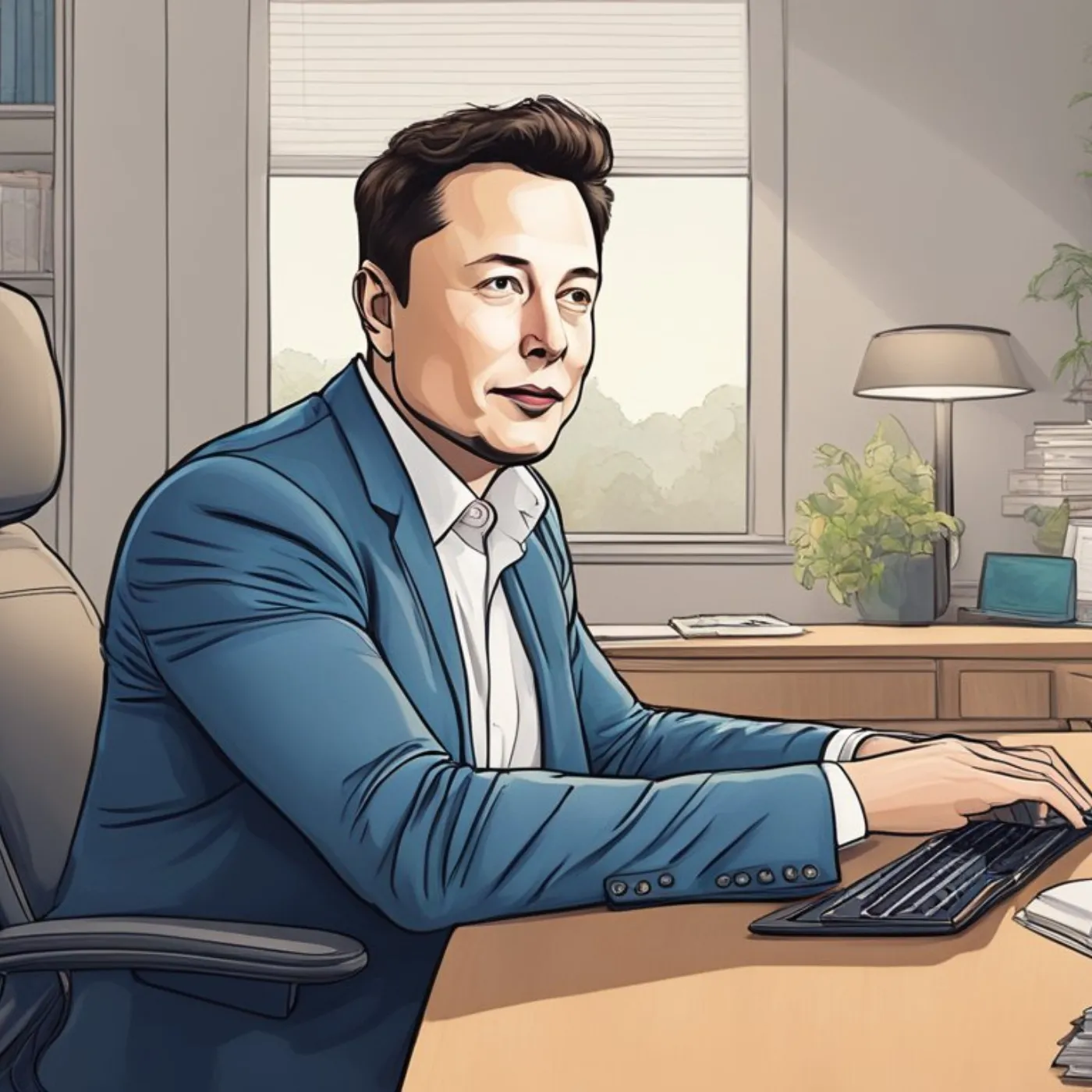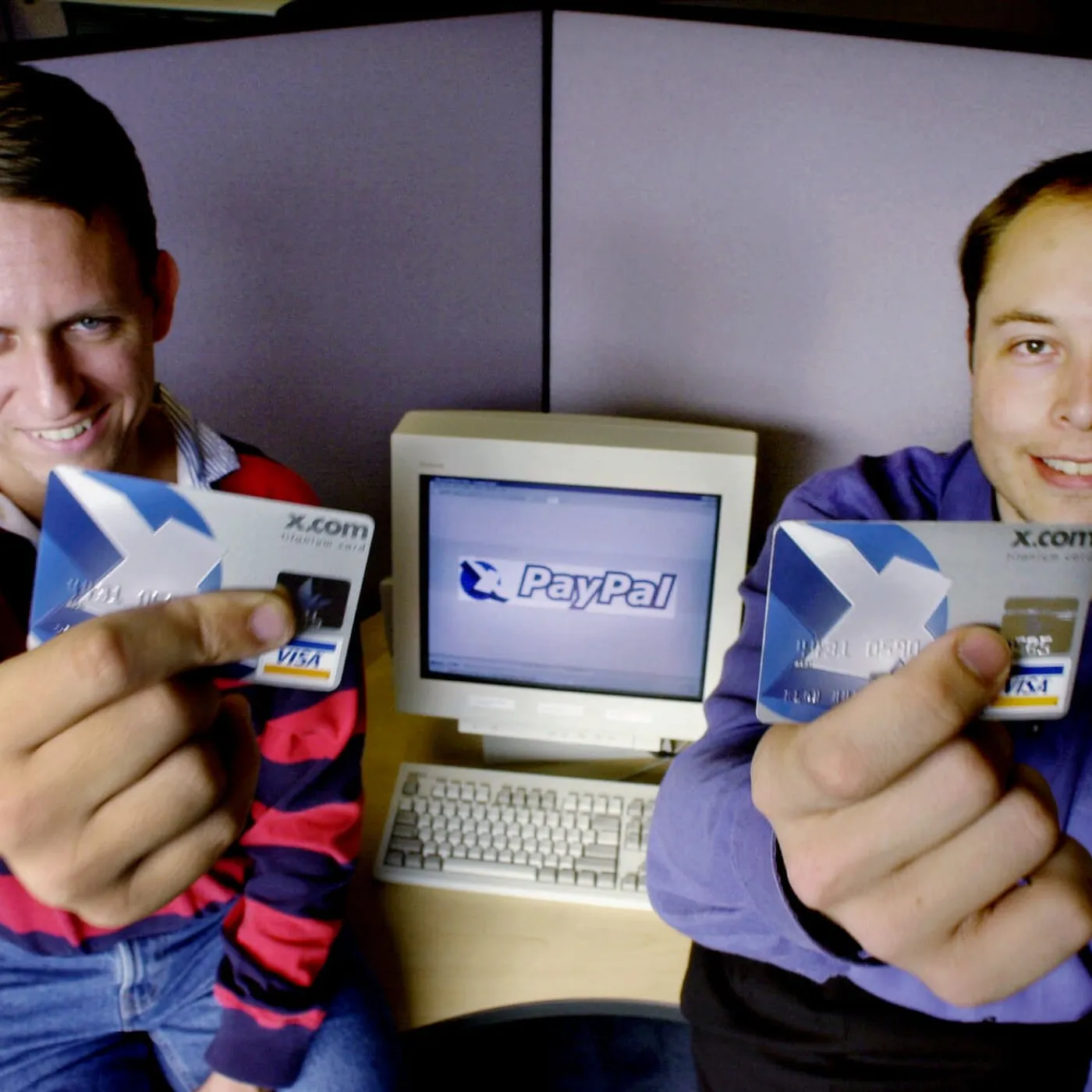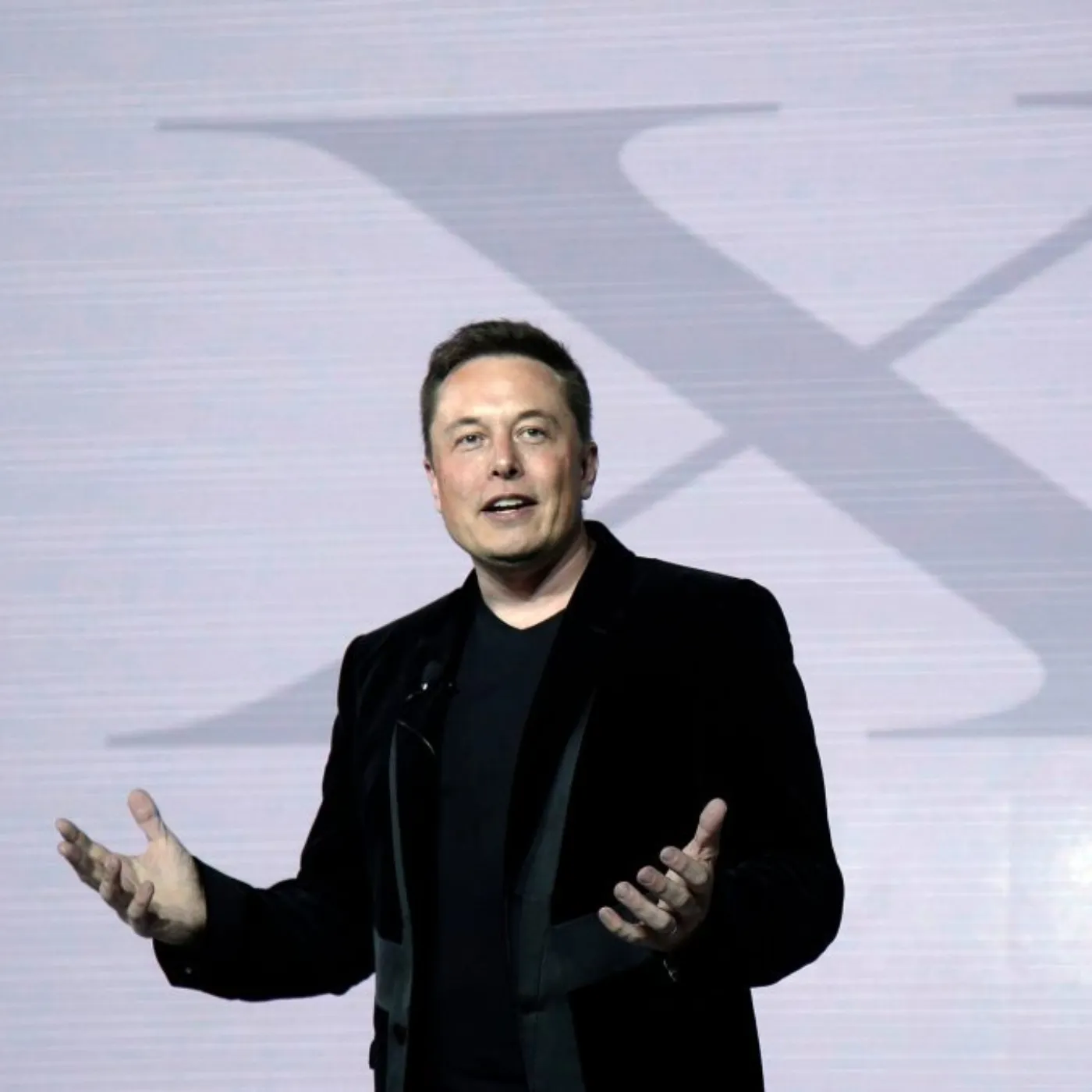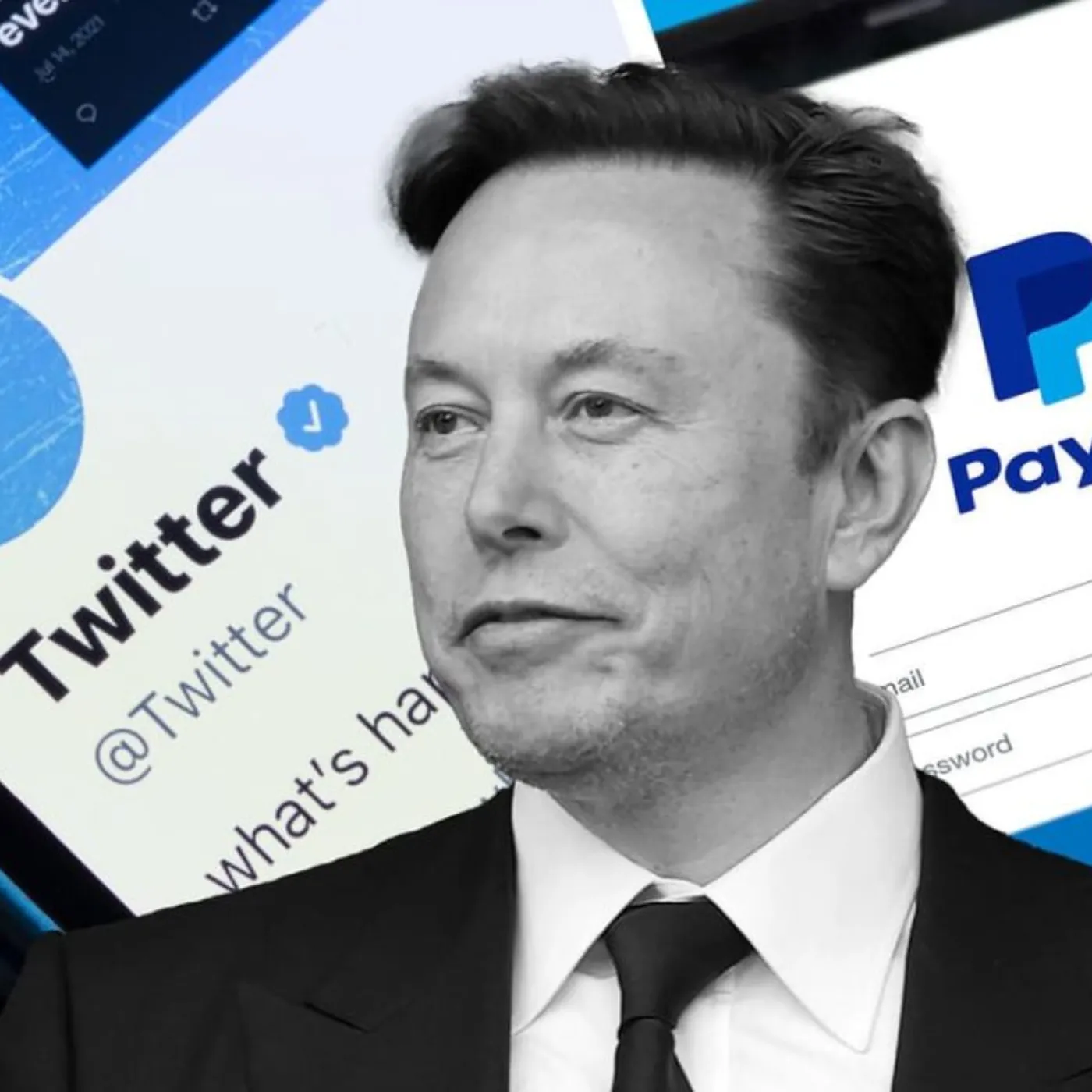Elon Musk’s Untold Journey From PayPal to X
Elon Musk is no stranger to making headlines. From changing the way we travel on the road with Tesla to redefining space exploration with SpaceX, Musk’s ventures have left an indelible mark on the world. But one of his most intriguing and often overlooked legacies is his role in transforming the internet. His journey from co-founding PayPal to now shaping the future of social media with X (formerly Twitter) is nothing short of revolutionary. This article dives into Musk’s untold journey and explores how his ventures have fundamentally reshaped the digital landscape.
The PayPal Revolution: Elon Musk’s First Internet Disruption
Long before Musk became the face of electric cars or private space travel, he was already changing the way people interacted with money online. In the late 1990s, Musk co-founded X.com, a financial services and online payments company. What started as a vision to create a more efficient, user-friendly way to transfer money quickly became PayPal, one of the most successful online payment systems ever created. In 2002, PayPal was sold to eBay for $1.5 billion, giving Musk a significant fortune and the freedom to pursue even bigger ventures.

But Musk’s role in PayPal wasn’t just about the financial success—it was about laying the groundwork for the next wave of internet disruption. With PayPal, Musk helped make online transactions more secure and accessible, allowing consumers to shop, pay bills, and send money without ever needing to leave their computers. At the time, this was nothing short of a revolution in how the world approached online commerce. PayPal’s innovations in secure transactions, digital wallets, and e-commerce integration set the stage for the rise of the internet economy.
From PayPal to X: Elon Musk Takes Over Twitter
After the PayPal exit, Musk’s ventures skyrocketed to new heights, but it wasn’t long before he turned his attention to a different kind of internet disruption—social media. In 2022, Musk stunned the world by purchasing Twitter, the platform that had become synonymous with real-time news, viral trends, and political discourse. The acquisition was not just a business move; it was part of Musk’s broader vision to reshape the digital ecosystem in ways that align with his ideals of free speech, openness, and innovation.
Musk’s transformation of Twitter into X is one of his most dramatic and controversial moves. His goal? To turn the platform into something much more than just a social media site. Musk envisions X as a “super app”—a digital ecosystem that encompasses everything from social networking to finance, e-commerce, and beyond. His vision of X goes far beyond what Twitter was originally intended for, aiming to integrate services like banking, cryptocurrency, and AI into a single unified platform. This shift is a bold attempt to transform the internet experience by merging social media, finance, and entertainment into one convenient, all-encompassing service.

Elon Musk’s Vision: A New Internet Ecosystem
What makes Musk’s move into the world of social media and technology even more significant is his drive to change the very fabric of the internet ecosystem. The rise of X represents a new era of connectivity, where the boundaries between different digital platforms blur and the user experience becomes seamless.
X could potentially combine Musk’s multiple ventures into a single, integrated platform. Imagine a social media app that lets you interact with friends, shop for products, transfer money, invest in cryptocurrency, and even access AI-driven services—all from one place. This could pave the way for the next-generation internet experience, where users are no longer forced to juggle multiple apps and accounts but can have everything they need in one place.

But there’s more at stake than just convenience. Musk has long been vocal about the potential dangers of centralized power on the internet. With X, he is attempting to create a decentralized, open-source platform that values freedom of speech and privacy. While critics argue that Musk’s ideological leanings could influence the platform’s direction, Musk’s willingness to challenge the status quo of social media makes him a polarizing figure in the tech world. Regardless of where one stands, his efforts to transform X into a super app represent a radical departure from traditional social media models, pushing the limits of what is possible on the internet.
The Impact on Social Media and Technology
Musk’s influence on social media is undeniable. With the transformation of Twitter into X, Musk has the opportunity to redefine the digital landscape in ways that could change how people interact with technology. If X achieves Musk’s vision, it could rival the dominance of Google or Facebook, creating a platform that not only competes with existing social networks but also expands into new realms of digital innovation.
The integration of artificial intelligence and blockchain technology into X could reshape how data is handled, stored, and protected. Imagine a world where users have control over their own data, deciding what they share and with whom, without the need for centralized authorities. X could be the testing ground for Musk’s broader goal of decentralizing the internet and giving users more autonomy over their digital lives.
The Challenges Ahead: A High-Stakes Gamble
Of course, Musk’s ambitious plans for X come with significant challenges. The most immediate concern is whether he can overcome the backlash from Twitter’s loyal user base and regulatory scrutiny. Many argue that Musk’s unorthodox management style could alienate users and advertisers, potentially undermining the platform’s growth. Furthermore, turning X into a super app involves complex technological hurdles, from developing AI-driven systems to creating secure financial platforms that meet global standards.

There’s also the issue of competition. While Musk’s vision for X is undeniably bold, platforms like Facebook, Instagram, and TikTok are already deeply entrenched in users’ digital lives. Additionally, the financial and regulatory challenges of integrating cryptocurrency and banking services into X will require significant innovation and might face resistance from governments and financial institutions.
Elon Musk’s Internet Revolution
From his groundbreaking work with PayPal to his transformation of Twitter into X, Elon Musk has proven time and again that he has the ability to revolutionize industries. His untold journey through the internet space has led him to a pivotal moment where he is shaping the future of digital interactions. The rise of X could be the key to unlocking a new era of internet freedom, decentralization, and convergence, where every aspect of our digital lives is seamlessly connected.
As Musk continues to push the boundaries of what’s possible on the internet, one thing is certain: he is not done disrupting the world just yet. The impact of his journey—from PayPal to X—will be felt for years to come, as Elon Musk continues to reshape the very fabric of the digital age.


